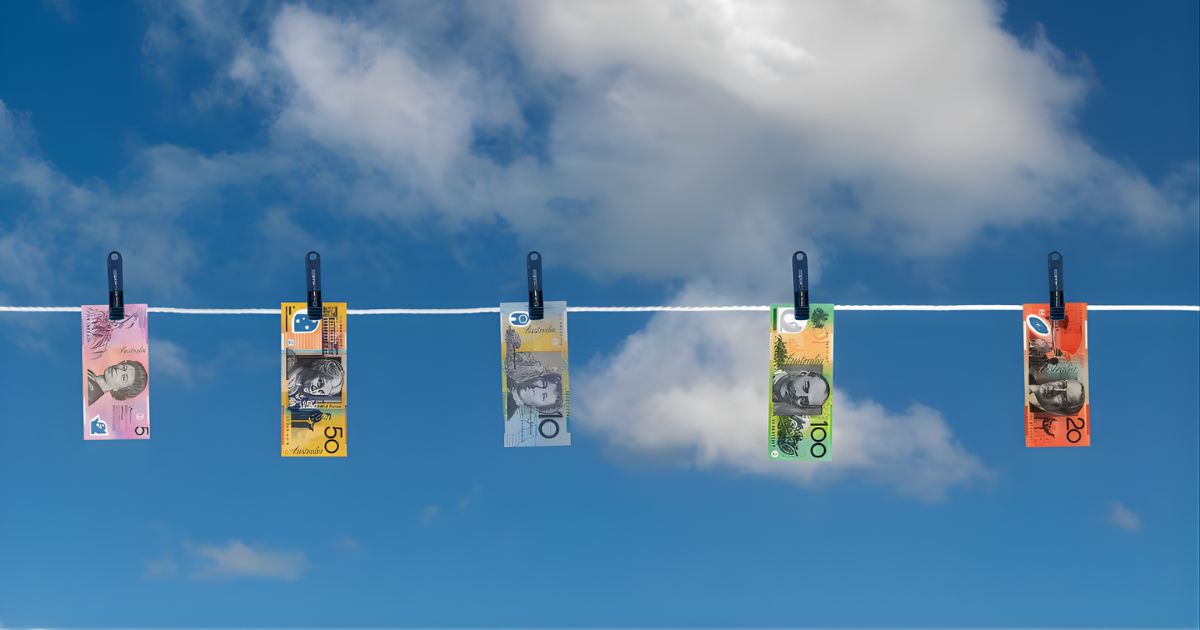How to get out of debt

In Australia, we’re pretty big on borrowing money. According to figures published by Finder in 2024, Australia takes the number three spot, after Switzerland and the Netherlands in the top five countries with the highest levels of household debt. So, if you’re in debt, you’re certainly not alone in owing money. Mortgage debt is the number one contributor to household debt, followed by personal loans, credit cards and student loans.
Quick stats – average Australian debt levels
| Household debt | $261,492 |
| Home loan debt | $665,978 |
| Credit card debt | $3,306 |
| Personal loan debt | $8,098 |
| Care loan debt | $13,315 |
| Student debt | $27,640 |
Source: Finder – March 2024
Being in debt doesn’t have to be a problem as long as you’ve got money coming in to meet all your financial commitments, including loan repayments.
But falling behind on those payments or finding yourself juggling too much debt along with bills and rent, can lead to serious short and long-term financial stress. In this guide to getting out of debt you’ll learn about the steps you can take straight away to deal with debt problems. You’ll also find out what to expect if your debts or bills remain unpaid.
What to do if you can’t pay
The most important thing when it comes to getting on top of debts is to act quickly. Take one or more of the following steps as soon as you become aware that you’re struggling to keep up with payments. This gives you more time to understand your options and make the right decision without putting yourself under extra pressure.
- Speak to your credit provider – contact your bank or other loan, credit card provider or utility company as soon as you can. Even if you’ve already missed a payment, there’s a good chance you can speak to someone about a new instalment plan you can afford.
- Apply for a hardship variation – if you’re unable to keep up with payments because of unemployment, ill health or changes in your financial circumstances, you could be eligible for a hardship variation. You can phone your provider to begin this process but may need to make an application in writing. The Financial Rights Legal Centre offers sample lettersyou can use for a hardship variation and for other situations like dealing with debt collectors.
- Speak with a financial counsellor – when your finances get out of control, dealing with debts and unpaid bills can be scary and isolating. If you’re confused about what to do, speaking to a financial counsellorcould be the best course of action. You can hear more about your options and find out about your rights and responsibilities when it comes to dealing with debt collectors and any legal action against you because of your debts.
Moneysmart offers more detailed information and advice on these different ways to get help with debts.
Accessing super to pay debts
It’s generally the case that you can’t withdraw any of your super until you reach your preservation age. However, there are two ways you may be able to gain early access to your super to pay off debts. The first is access on compassionate grounds, which includes ‘making a payment on a loan or council rates so you don’t lose your home’ as a legitimate reason for early access to a lump sum from your super.
You may also be able to withdraw super early on the grounds of severe financial hardship. The Department of Human Services website provides guidance on what is considered to be financial hardship. You’ll need to apply to your super fund to make any arrangement for early withdrawal on these grounds. It’s well worth speaking to a financial counsellor before making a decision to apply for early access to super as this could impact your future financial security in retirement.
What can happen if you don’t pay
- Credit history–unpaid debts or bills that have been outstanding for more than 60 days will be included on your credit history for five years, even after the debt or bill has been paid. When your provider is unable to contact you to request payment, this stays on your credit history for seven years. This will lower your credit score, which can impact your future ability to borrow money.
- Repossession–when a loan is secured on an asset, such as your car or home, and you miss a repayment, a lender may take action to repossess that asset. Once you’ve missed a payment, a lender must issue you a default notice and then give you 30 days following the date of issue to pay the overdue amount before taking steps to repossess the asset.
- Debt recovery –if you do not make an instalment plan for overdue debt or bill payments or take any other steps to repay money you owe, your provider may arrange for a debt collection service to recover the debt. Debt collectors are required by law to operate within strict guidelines in how they can contact you. If you are experiencing threatening or intimidating behaviour from a debt collector, you can make a complaint to the Australian Competition & Consumer Commission (ACCC)or your credit or service provider.
What to do about debt recovery
Unless you dispute a debt – and you can do this if you believe you don’t owe the money you’re asked to repay – it’s important to communicate clearly and honestly during all stages of a debt recovery process. If you don’t, it’s possible your credit provider will seek judgement from a court to issue a garnishee order to recover the debt directly from your bank accounts or your salary payments. The ATO can also take this action to claim unpaid taxes without seeking judgement from a court.
How long can debts last?
Unpaid debts can stay on your credit history for up to seven years, even once they’ve been paid in full. In most cases, debts are consider ‘statute-barred’if no payment has been made on the debt within the last six years and there has been no court judgement regarding the debt. So, if you have an ‘old’ debt and receive a request for payment, seek legal advice before agreeing you owe the debt or making any payment.
You may not be falling behind on debts but some sound advice from a financial planner could see you pay them off sooner rather than later.
Source: Money & Life



